About me
Life is often a series of hurdles. We can stop and cry at them, but when we stop crying the hurdle will still be there. Sometimes we just need to look back and realise how many hurdles we have already overcome, to know we can overcome the next one and that sometimes the best way past a hurdle might not be over the top. – Me
Life is a Canvas. No two pieces of art should be the same. Live your own life. Your way



Software Engineer
From the age of about 5 years old, I was an avid Computer user. To be fair my interests were getting Commander Keen to run on DOS and playing Dune II and Command and Conquer Red Alert with my Dad, however by 10 I began to dip my toes into the coding world and stopped just playing Sonic the Hedgehog and Mortal Kombat.
With Visual Basic and a Game Programing Starter Kit, I was well on my way to writing software and beginning to understand Object-Oriented Programming.
By 13, I was pumping out games with DarkBASIC and DirectX.
In 2014, I started down the path of ASP.NET and SQL Server and began to use the Microsoft stack professionally.
I tend to work 9-5pm Mon – Fri on this.
These days my programming skillset has long left the playful world of video games:
- Agile / Scrum / TDD / DDD
- ASP.NET, MVC, WebAPI 2 and Core
- SQL Server
- HTML / CSS / Razor / JavaScript / TypeScript / JQuery / Node.js
- Angular, Angularjs, Vue.js, Knockout.js
- Docker
- Azure (ARM / Bicep Templates, Durable Functions, App Services, and more)
- Azure DevOps
- Git
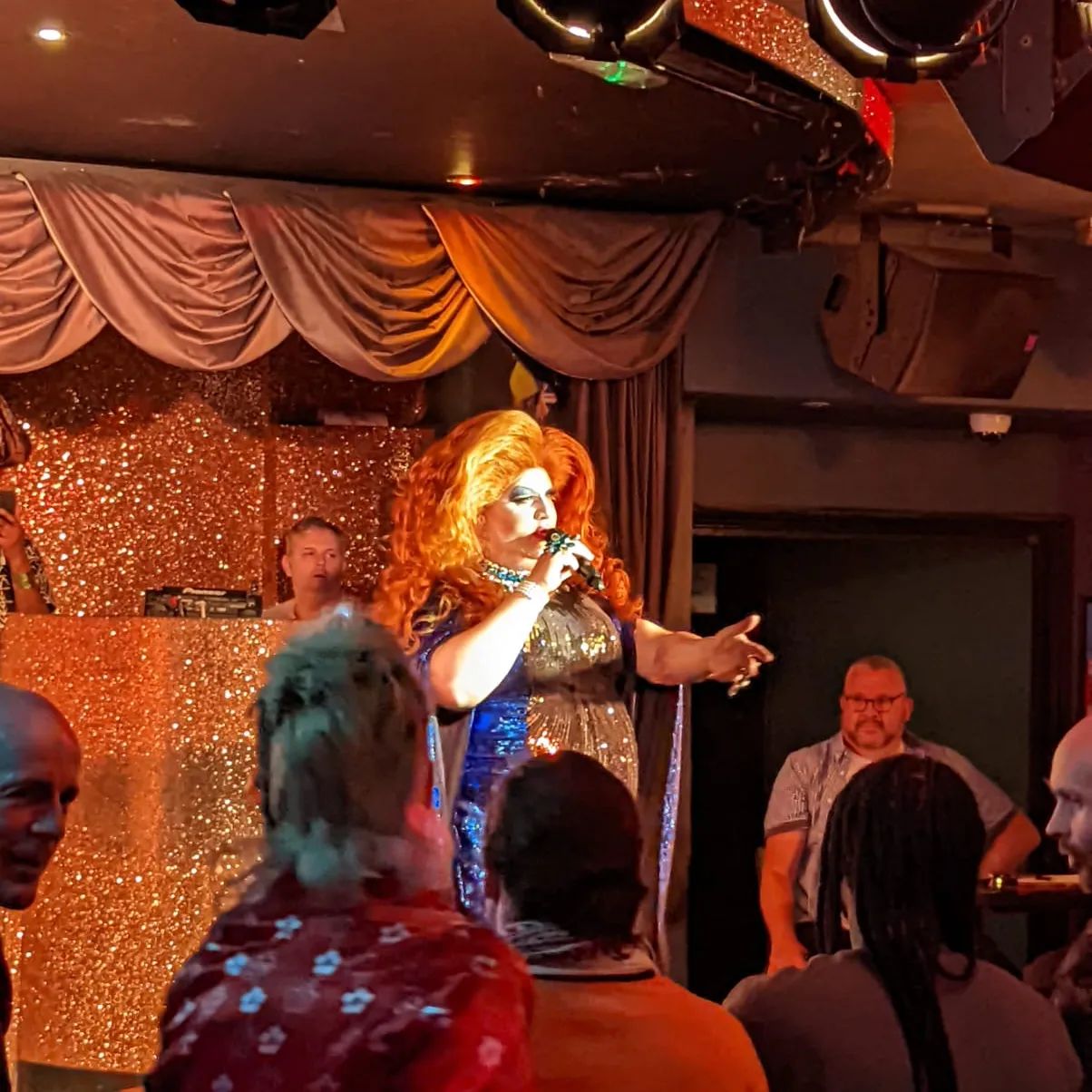
Drag Performer and Director
She hasn’t come out in nearly 2 years, but Dolores is still around deep inside me waiting to lead us on a journey through time and space.
In the meantime while the UK recovers from the disaster that was Liz Truss, I am a director of Dragged Around London Ltd who provide a number of experiences of Drag. I am normally organising DAL on Thursday evenings and occasionally doing software work for it through the week.
Sorcerer
There isn’t really a better word for it. For many people, their religious and spiritual practice involves bowing to an omnipotent god and wondering why he put so much pain and suffering in the world.
As an experiment, I step into a paradigm where I am the powerful one, able to choose my existence and burdens. I don’t worry about whether this can be manifest in any way other than in dreams and fantasy, but see what psychological and physical benefits this mindset can lend me.
I practice forms of mental discipline such as the Buddhist trance states taught to Theravada Buddhists, which lent me the concentration to overcome dyslexic reading patterns at will. They also contribute to my ability to work with energy and my Reiki practice.
I practice evocation which allows for deep conversations with the self and the other. Through this I meet with my personal experience of the divine in her many forms.
I practice Franz Bardon’s Mirror exercises which spur me on to self coach and refine every fibre of my being. Mostly I spend a good 20mins – hour doing this every day and it is often mixed with Reiki, energy work and sometimes with martial arts.
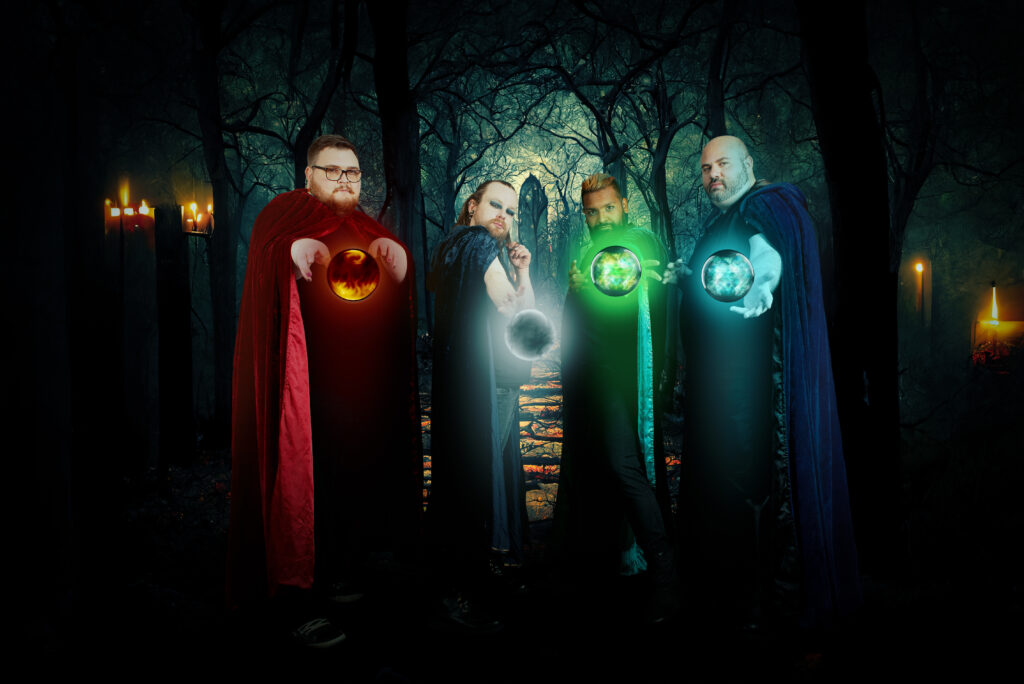
Reiki Healer, Tarot Reader and Coach
I use Traditional Japanese Reiki, as taught by the Jikiden Reiki Institute in Kyoto. This teaches me to remove byosin which is believed to prevent your body from healing itself. It seems to me that it also speeds up the ageing process so you want it out, trust me.
Sometimes through Reiki, I come across emotional issues. I am trained to give people Human-Centred Counselling, CBT coaching and Cognitive Reframing. These skills allow me to help with emotional issues to a small degree. Significant mental illness should be referred to a mental health specialist however I have methods to help with self-limiting beliefs, confidence and mild depression.
Using the same energy work techniques that I use for Reiki, I can also communicate with the spirits of the tarot. Often people find that my readings are more centred in the present than the future and encourage clients to deal with issues that are present.
I also have Life Coaching Skills with years of experience that go with or without the Tarot Reading and Reiki. I use the following to help:
- Traditional Japanese Reiki (from the Jikiden Reiki Institute, Kyoto)
- Goal setting and Milestone making
- Confidence Building Exercises
- Creating a Success Showcase (much better for mental health than vision boards!)
- Prioritising Life Goals
- Prioritising Happiness
- Positive Selfishness Coaching
- CBT, Cognitive Reframing and Counselling skills
- Career Planning and CV writing
- Boundary Setting and Boundary Coaching
- Interaction Rehearsal
- Money Scripts re-wording
- Jungian Shadow work
- Tarot, Astrology and Spiritual Coaching



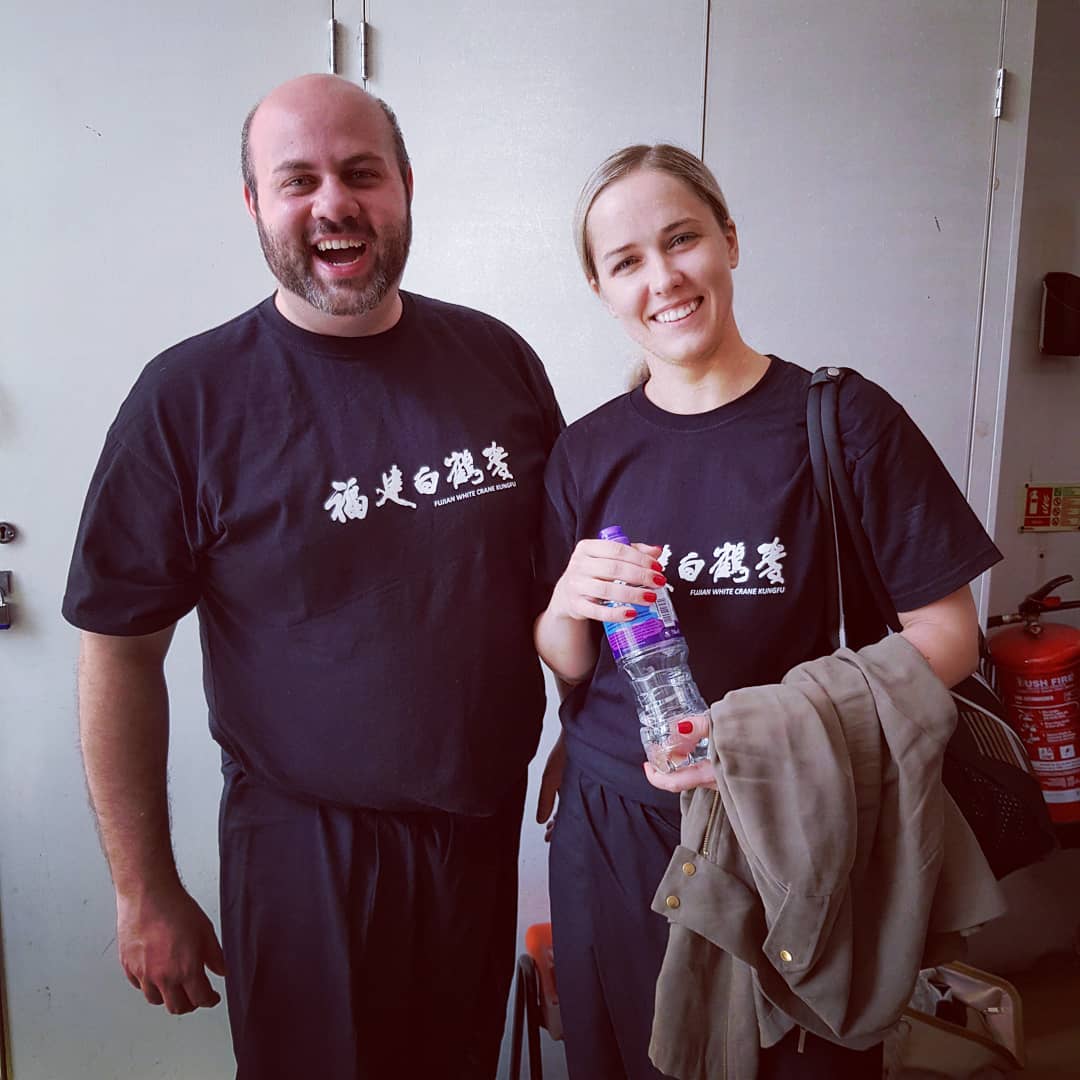
Martial Artist
It’s been a bit neglected recently, but I have practised Martial Arts for many years. My focus is usually traditional Chinese Martial Arts such as T’ai Chi Ch’uan, Bagua zhang and Fujian White Crane Kungfu. The internal styles often go hand-in-hand with my skills with energy work and Reiki.
T’ai Chi Ch’uan (or Taijiquan) is an internal art focusing on balancing leading techniques and seizing techniques. It features very few direct striking attacks. On the other hand White Crane is a hard style focusing on striking and kicking. It was originally practiced by a woman called FangQiNiang so it often emphasizes flexibility and light-footed movements, but I was trained in Tiger-Crane which integrate more forceful techniques from Tiger Kungfu.
Bear
I am often seen at Bear Events and Bear Bars. They are some of the friendliest places for a person like me. I try to make Bear Events a place for people of all shapes and sizes and hope to continue to volunteer at Bear Events to help facilitate these goals. Bear events should be a place where we are free of body fascism and accept everyone no matter how big or small, fat or thin, hairy or hairless or how masculine or feminine. Everyone is valid.
I recognise that some people find themselves ignored or looked over at a bear event and I am very sorry for their experiences and hope we can make all spaces more inclusive. To the people who say that these events are cliquey and should be shut down I have to say sadly, these events should not be shut down because the Bears they are made for would not feel so at home in bear events if they didn’t experience that very same difficulty everywhere else.
I also partake in the kink community such as rubber and leather events. I am currently in a polyamorous relationship with two men.

LGBTQIA+ Advocate
I grew up learning what it means to be something different. I didn’t find my place until I found a community where I could belong. When you grow up different from the people around you, it’s so important to find your tribe where you belong. People who enable you to feel valid when the world seemed to criticise and condemn you for no reason while they don’t question their own world views.
In this day and age, I see politicians using my community’s rights as a political football, which makes me slightly defensive. I try my best to have compartmentalized rational discussions with people, but I believe to be truly equal we should not need to defend our right to exist.
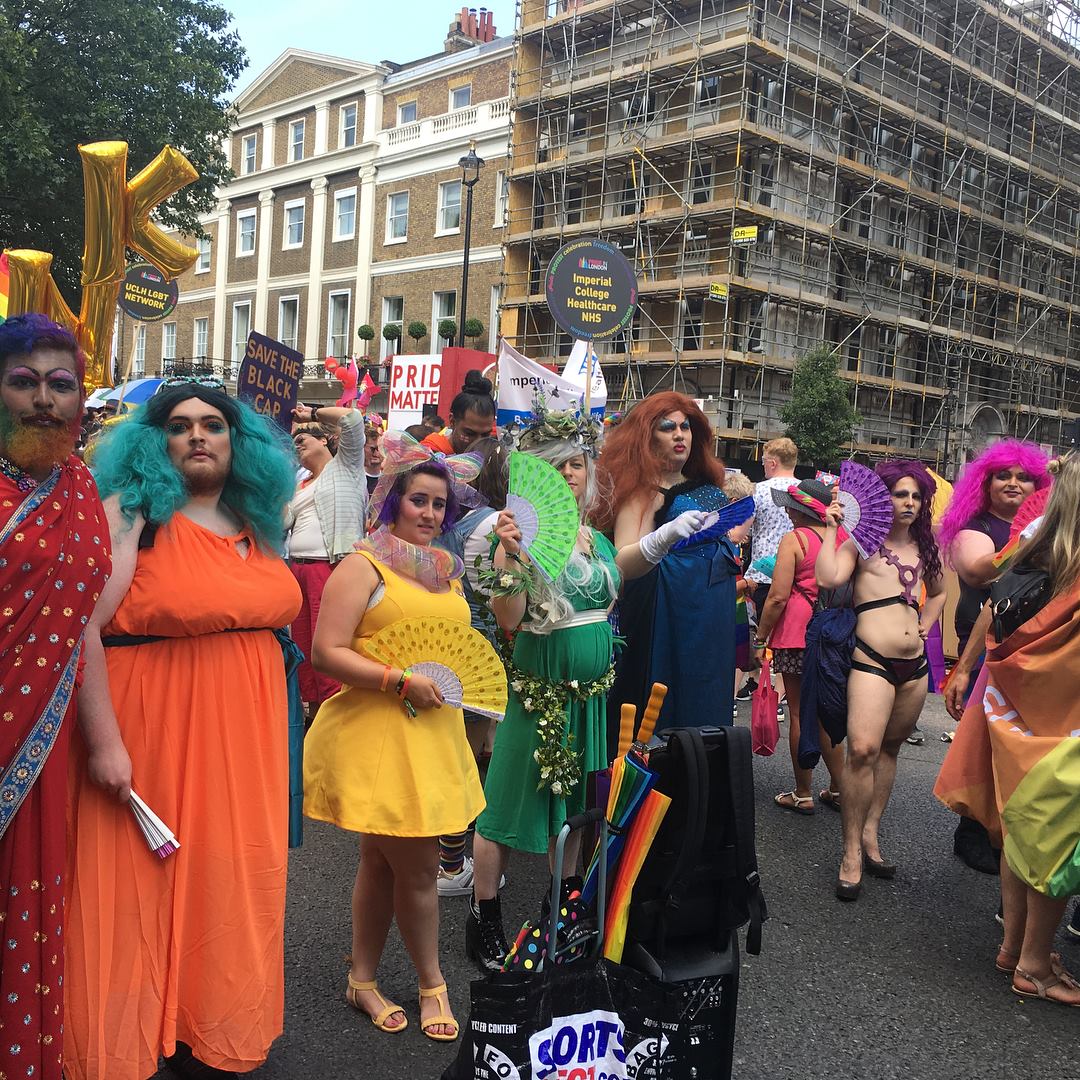
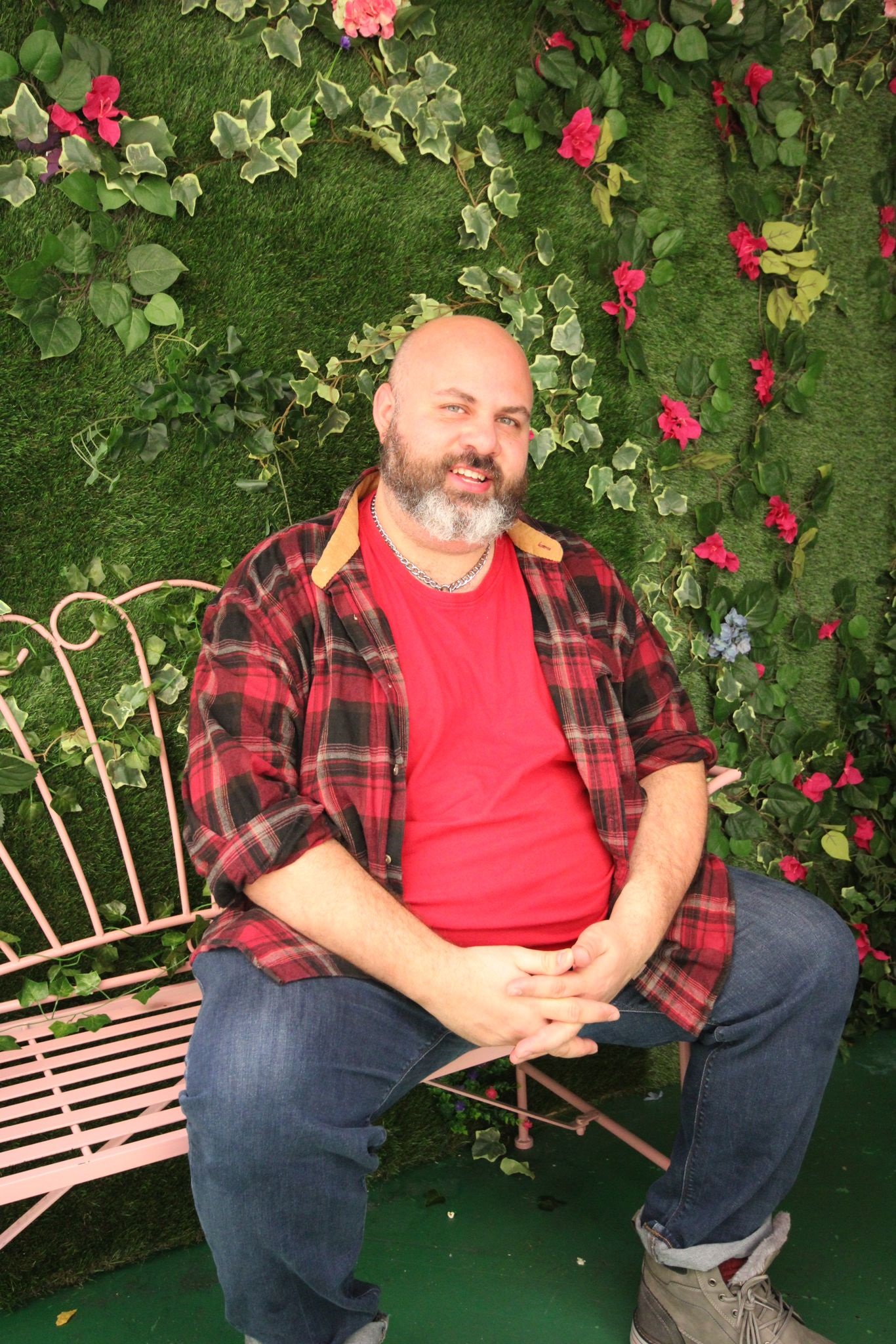
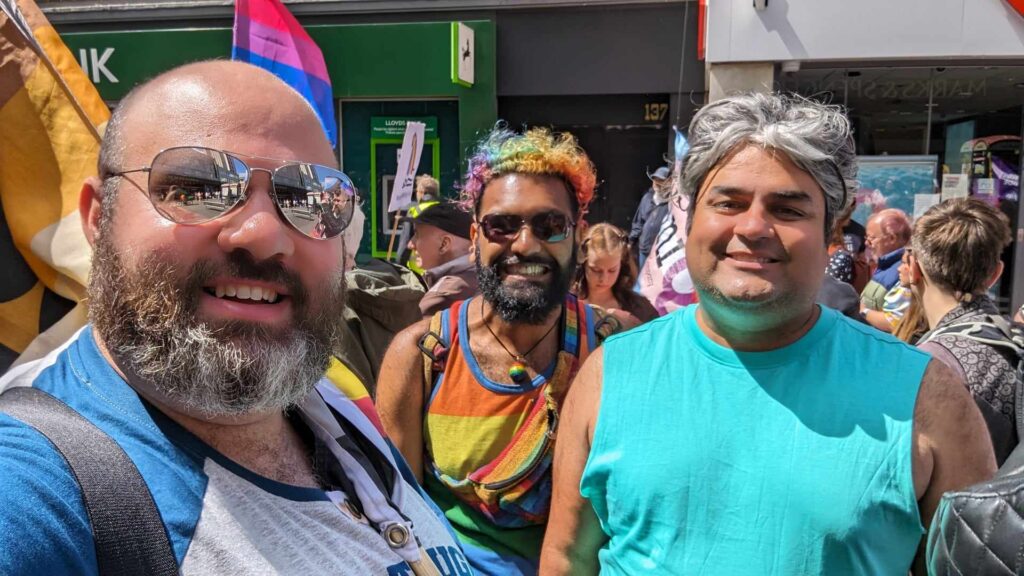
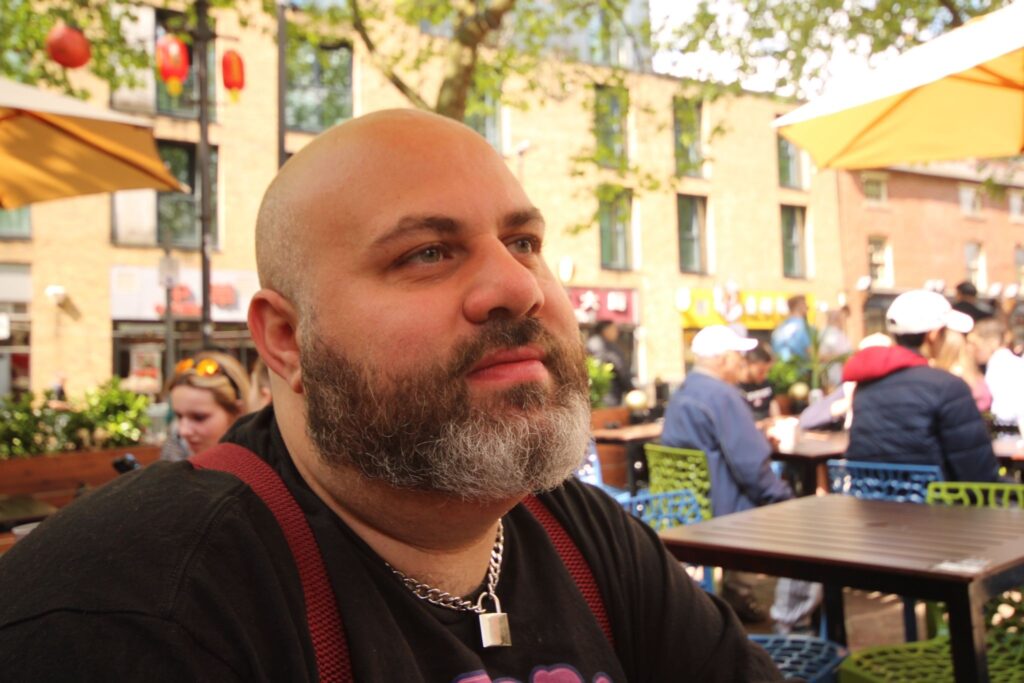


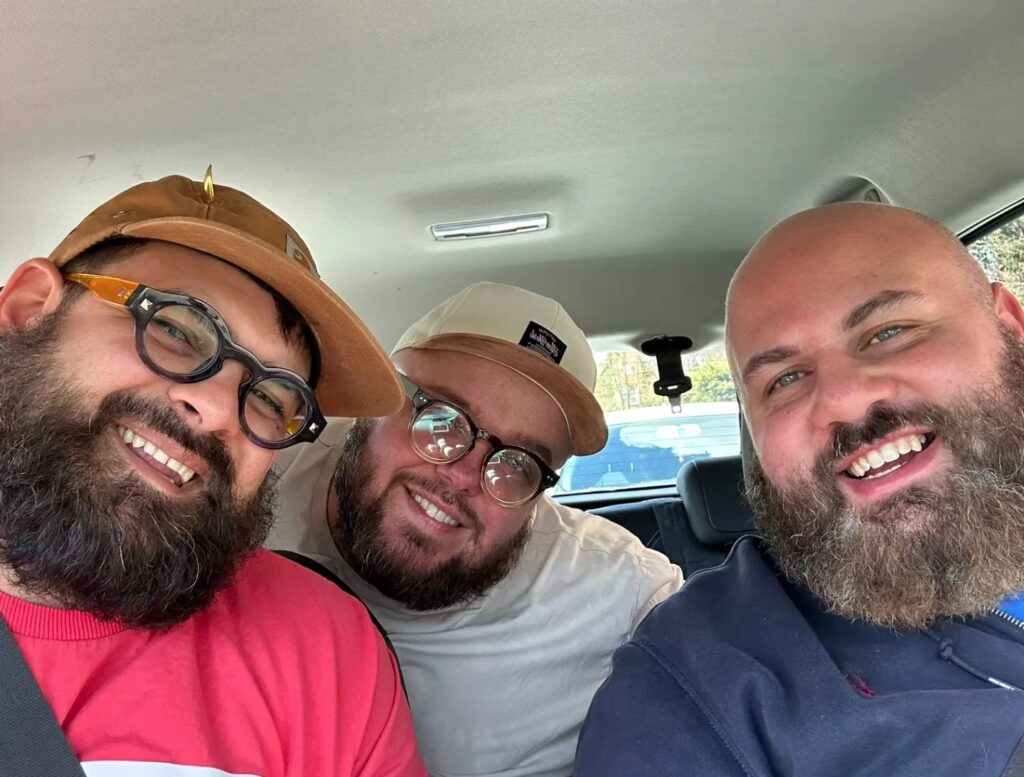



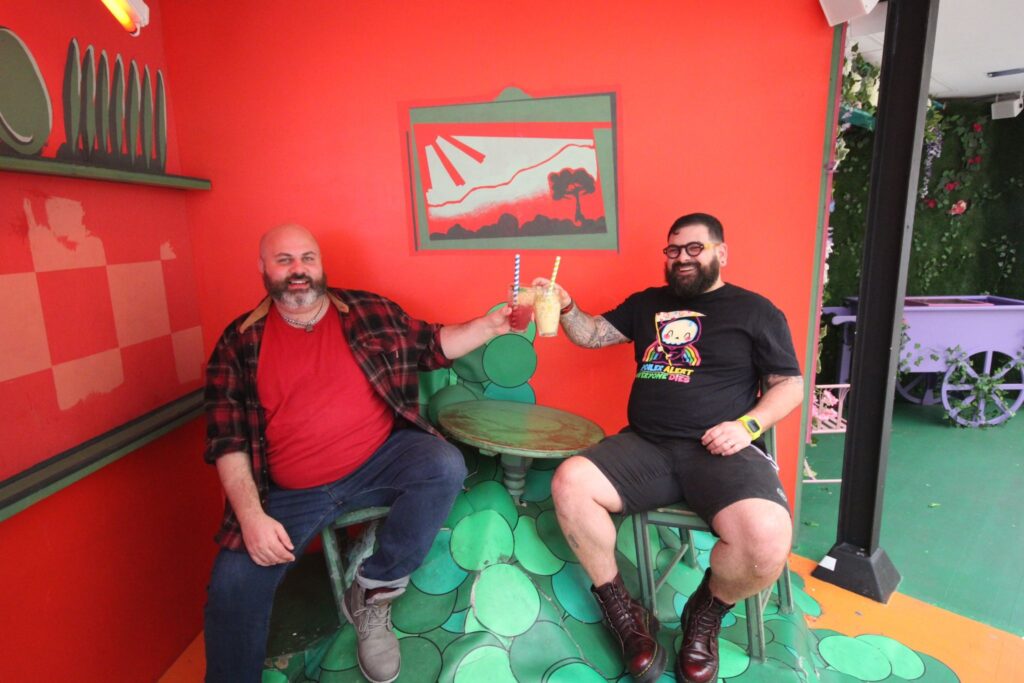
Leftie Centrist
Politically, I lean left of the UK. I understand the right-wing notion that if things are more privatised then they are paid for by the people who use them, and the notion that market forces such as competition encourage more efficient spending of money, making them more accessible. This means lower taxes and more money in your average person’s pocket leading to what seems like more personal freedom to choose how your money is spent. However, it is my belief that this does not work for all fields.
I misleadingly call myself a “centrist” because my views are far away from communism which, at a national scale, seems rife for abuse, but I am also far away from free-market which allows for large companies to achieve just as much tyranny as seen under communism. My “centre” however is far left of where the UK currently is, especially after 14 years of primarily Conservative rule.
Some people will commit crimes what the hell, but in countries where healthcare is private the high price of medicine often drives good people to commit crimes to save loved ones. Profit is esteemed more highly than people’s lives by the very companies inventing the medicine to save lives. I would rather live in a society where no-one can afford a Ferrari, than one in which one single person cannot afford their cancer treatment. Better access to food, health and other necessities allows for safer society.
Private education leads to unequal education and citizens are less likely to live by the rules of a society that never gave them a fair chance in the first place. Having equal access to education leads to lower crime rates and we all benefit from that, including those who benefit from better education because in a world of fairer access to education, they are less likely to be the victim of crime since there would be less crimes occurring. It is my understanding that the main means to reduce recidivism (repeat offending) in the UK prisons, is literacy which is extremely low in prison.
Privatisation of access to running water led to water companies recently prioritising profit over prevention of polluting. Many of the UK’s rivers, lakes and beaches are now filled with dangerous chemicals and disease-ridden water. It would seem the government might suffer significant costs to rectify this so they have not saved the public purse by privatising it. The fines being levied on the water companies are now to be paid by the public who did not benefit from the profit gained from dumping the waste rather than fixing the disposal mechanisms. This is a clear demonstration that market forces are not always good for efficiency.
Also electricity companies pushed themselves to bankruptcy, in 2023, by trying to meet demand for cheaper energy through price comparison sites. Again market forces do not work everywhere. It would seem public infrastructure such as water, electricity, gas and public transport do not benefit from competition.
Privatisation of Royal Mail lead to massive delays which disrupted legal cases and caused massive government expenses and huge strikes. Royal Mail is also at an all time low in terms of profitability and the companies which own it are struggling to get their money back. So I further conclude public infrastructure which includes mail should be state owned.
And finally, privatisation of the train system and public transport really hasn’t benefitted from market forces since it is cheaper to drive to Manchester with one person in the car than to get a train by about £30. In fact, there have been a number of times when it was cheaper to fly two people to Spain or France and get a hotel for a couple of days than for one of them to get a train to meet the other for a weekend. The right wing Conservative party thought that privatisation would allow competition to force people to make spending more efficient. However I don’t pay attention to what company is getting me from A to B, I just buy a ticket and go. Running multiple trains from different companies on the same lines at the same time would be an inefficient use of fuel so that would override any potential efficiency brought about by the market force of competition. Again this is an area that cannot benefit from privatisation.
I often describe myself as a centrist because I am far from being a Communist. I really enjoy my access to property and my ability to choose how I spend my wages. I really believe that if I cut my spending and work hard then, I can achieve a better life. I went from being a Civil Servant with a low wage to doubling it in a few years by training myself in the latest computer technology and building things to prove my skills. Often in true communism, there is poor career mobility. Communism works on a small scale however as a national system of government it is ripe for abuse and arbitrary control of the populace. I’m far left of what is called centrist in the UK, but I am in the socialist centre critical of both free market and communism. I will defend that position fervently.
For some reason, right-wing politics has often also been associated with less freedoms for LGBTQIA+ people which is strange because their systems seem to hinge on individual power rather than collective power, but the right-wing parties are often the first to legislate against LGBTQIA+ people. This is damaging to people like me. Recent proposals about transrights could severely limit my ability to go to restaurant with my friends because they might not be able to go to the toilet with relative ease and that seems horrifyingly unfair. People in my community might be sent to a prison where they are almost guaranteed to be the victim of rape and violence and all done because they are painted as the abuser which statistically they are not. If they are the victim of domestic violence, new legislation could threaten their access to charities in place to protect them. Often trans people are painted as predators when statistically they are more likely to be the victims of violent attacks. This is an area where I align entire with far left parties of government 100%. I don’t understand how the Conservatives voted 60% against same-sex marriage and 80% against civil partnerships and less than 30% of them showed up for gender recognition and 55% of them voted against it. They want to market themselves as the party of free market and free from legislative restrictions so this actually goes against their other policies, but they seem to hate my community and want to restrict our rights to be less than others.
Finally benefits. The benefits system is broken. It is hard for people to get the money they need to live when they have no other means of getting it. After months of jumping through all the hoops too many benefit claimants feel they can finally relax because they achieved it. There is no encouragement to improve their situation and often they risk losing their income if they improve so it keeps them stunted. However, if we all received some form of Basic Universal Income that was a liveable amount no matter what the situation or income then we were all taxed to pay for it then poorer people would be encouraged to increase their situation without the fear of losing their income. This would also significantly reduce benefit fraud because people would not need to exaggerate their situation. Also, there would be a huge reduction in the overhead for determining the allocation of benefits since you simply needed to prove you existed in order to get the benefits. This freed-up infrastructure could be reallocated to supporting people to get jobs.
So we can see quite obviously that if we cut public spending on education, health, transport and infrastructure for electricity, water, gas, mail and more then we seem to save taxes in the short term. However, as an individual, we are more frequently victims of crime and/or we need to pay more in insurance to protect ourselves and crime-preventative measures. Our access to health suffers so we end up needing to “top-up” our health access with some kind of health insurance. Our transport and electricity bills skyrocket as companies make a profit out of us. So we need to pay more taxes to actually SAVE us money in the long run.
